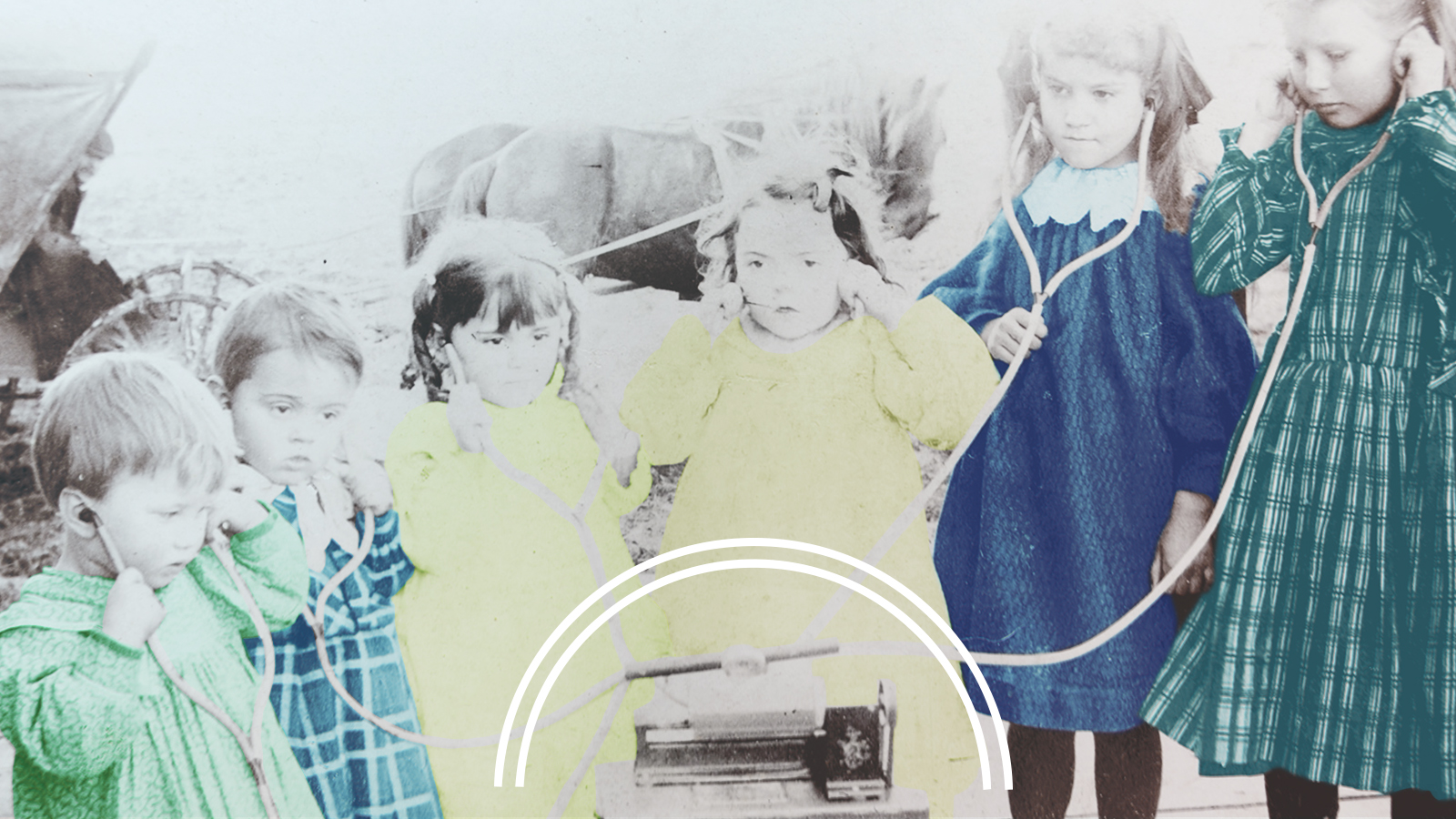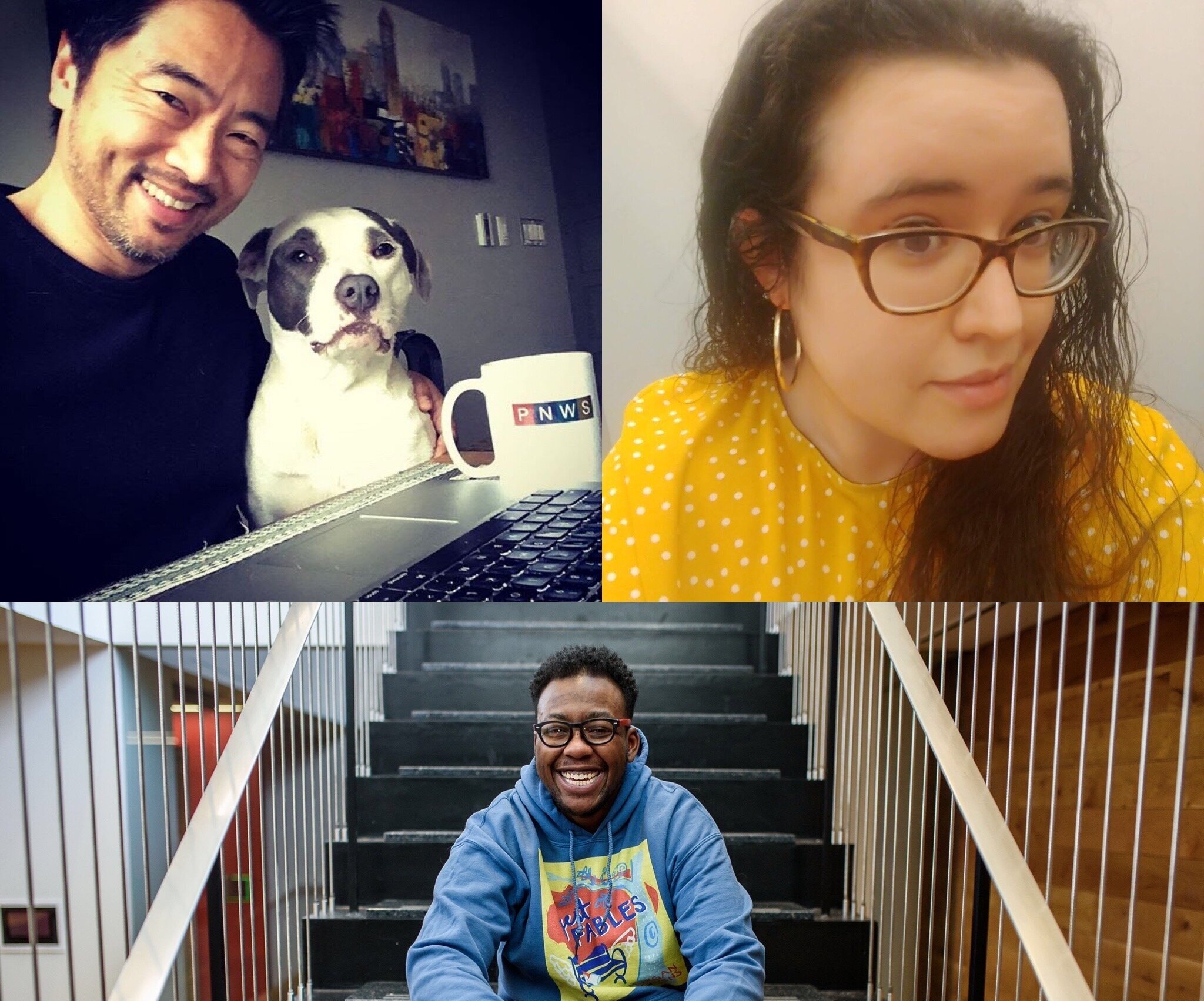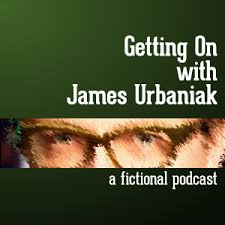It is an exciting time for audio. The tumultuous growth of podcasting and the concomitant development of digital channels, multiple platforms, and user-driven content has not only expanded and re-energized the form, but forced public radio to loosen its stays and let down its hair.
Where once we might have talked of “the system” or “the industry,” we can now confidently say we are part of “a culture.” But—we are missing two important components of a vital culture: a critical language, and with it, a critical practice. The language should be expressly designed to describe our forms, tropes, and themes, but with reference to the larger culture and world of ideas. And the practice should be constant, robust, and open, with critical tools wielded to help us better understand our work, and ourselves, and to help our public to better understand us as artists.











